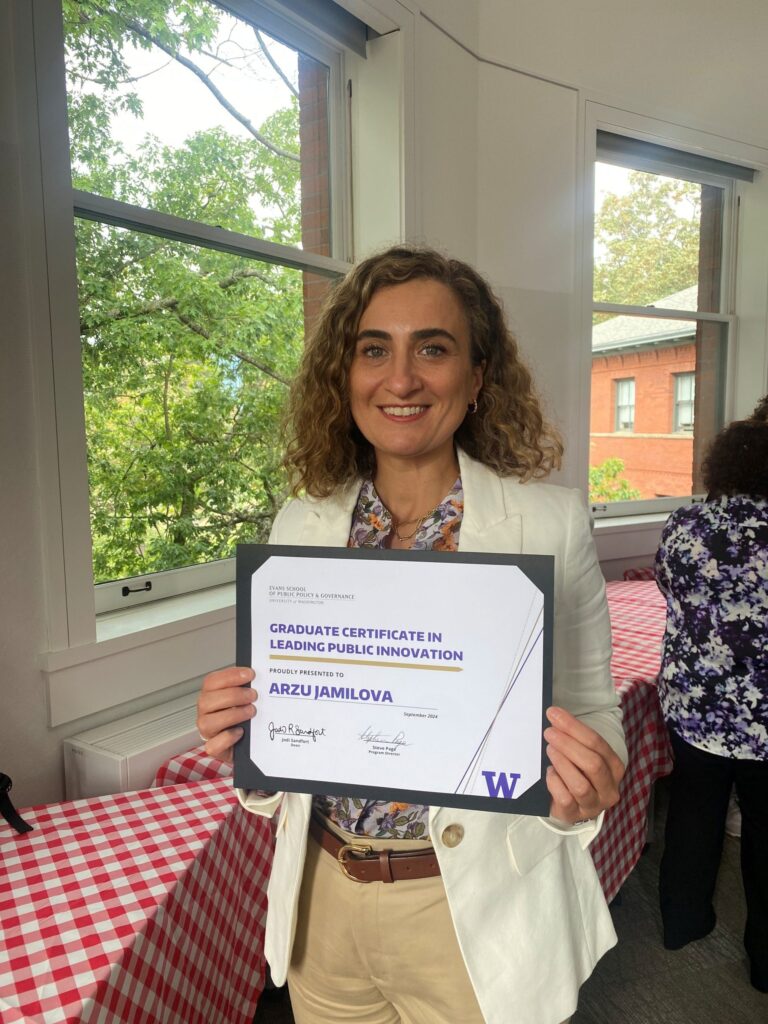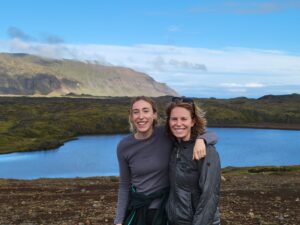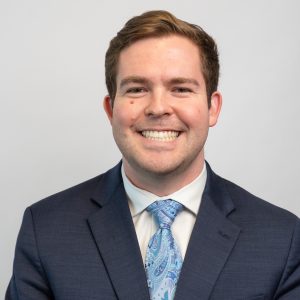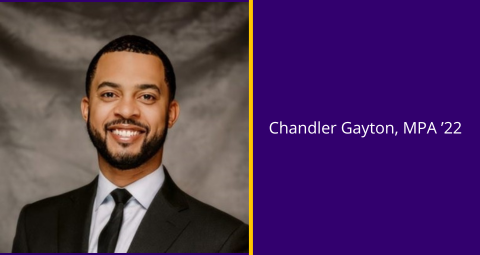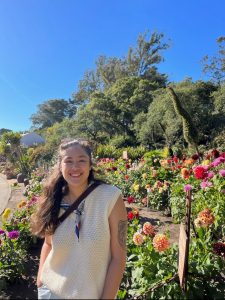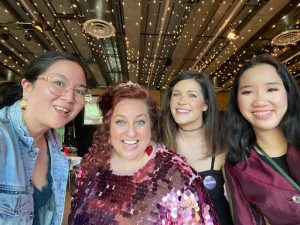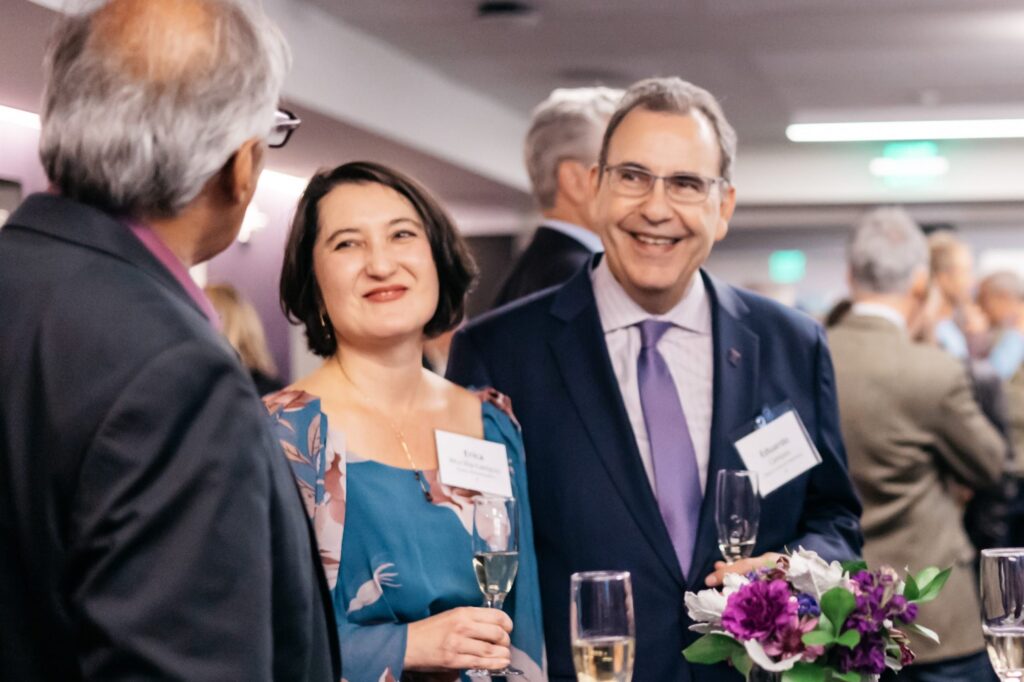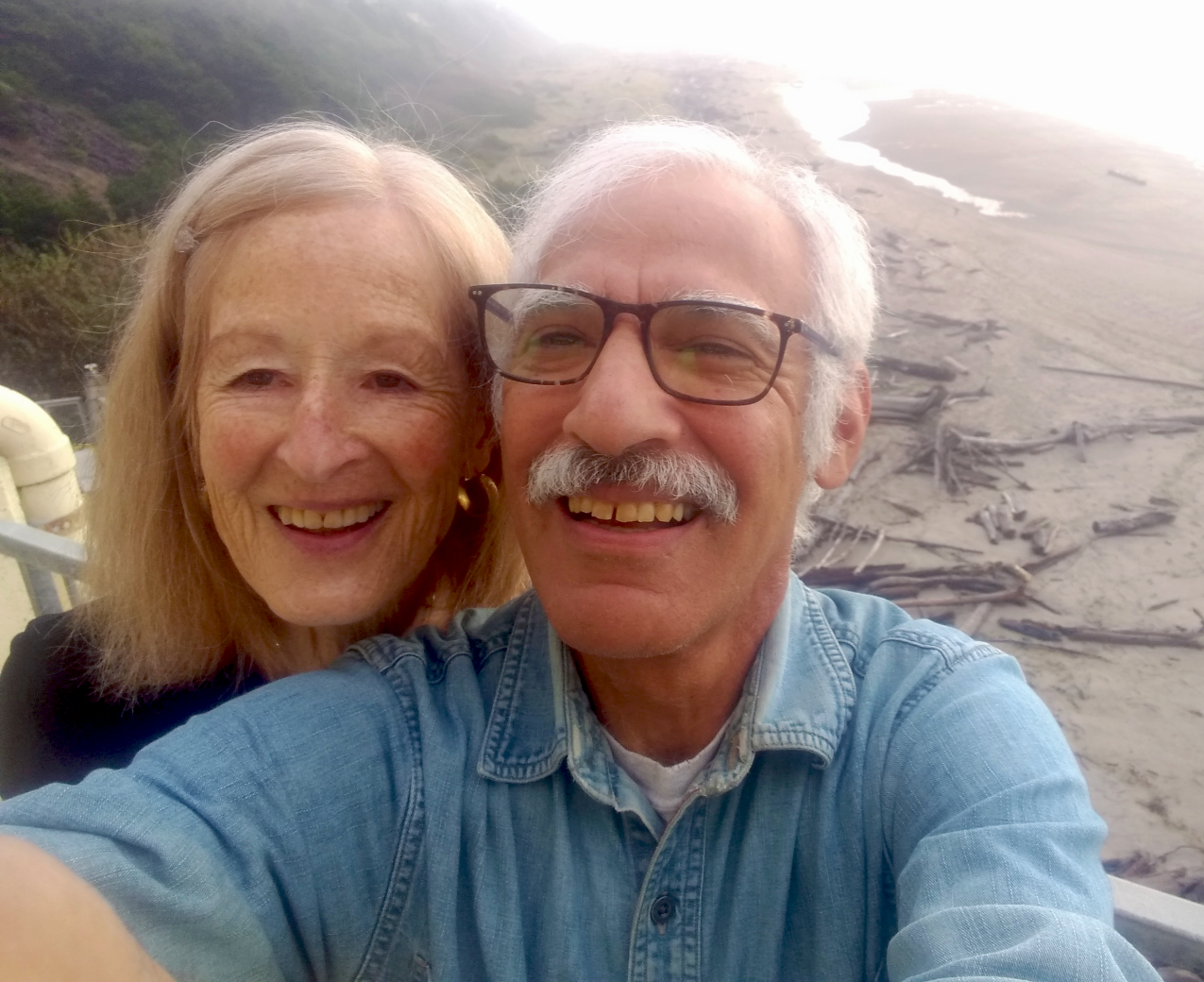
Bob Goldstein’s connection to the University of Washington began when he reported on the city of Kirkland for the Bellevue Journal-American and developed an interest in pursuing a career in local government management. “I thought it would be more fulfilling to help run a city, rather than report on it,” he recalls. Seeking formal education and training in policy and governance, Bob decided to pursue a Master of Public Administration (MPA) from the Graduate School of Public Affairs, now the Daniel J. Evans School of Public Policy & Governance, at the UW.
During his time at the Evans School, Bob received several scholarships and a research assistantship, which helped him afford his education and gave him access to opportunities provided by the UW. “I thought at the time that I really would like to pay this back when I had the means. In the early years, these donations were small annual amounts. I have ramped them up in recent years, as my financial health improved,” Bob explains.
Bob has also made the decision to include the Evans School in his estate plan through a charitable bequest and an IRA beneficiary designation. “I thought that giving to the Evans School would be the most meaningful way to leave a lasting legacy,” says Bob. He came to the decision to leave half of his estate to the school because he wanted to ensure that future generations of students would have the financial support they need to pursue an education at the Evans School.
His generosity will one day establish an endowed fellowship to benefit students with financial need, called the Robert M. Goldstein Endowed Fellowship Fund. “Part of my decision was also rooted in the excellent experiences I had and the wonderful people I met at the Evans School. It was a special time in my life. I hope that future students would feel the same way if given the opportunity,” he notes. He also shared his belief that public administration is essential to democracy and his wish to support students who choose public service as their careers, particularly those studying finance, budgeting or administration.
When asked about his decision to make a future gift, Bob reflects on the personal nature of estate planning. “Including the Evans School in my estate plan aligns with my values of giving back and helping the development of future outstanding leaders in the public sector. If these values are important to you, then I would encourage you to consider a similar gift,” he shares.
Through his contributions, Bob has found a way to stay connected to the Evans School and continue to engage with the students and faculty, nearly 40 years after his graduation. “Such interactions give me a sense of hope for the future,” he says.
Bob Goldstein’s generosity ensures that the UW will continue to educate and empower leaders who will shape the future of governance and public policy. If you would like to learn more about including the University of Washington in your estate plan, contact the Office for Planned Giving (206-685-1001).
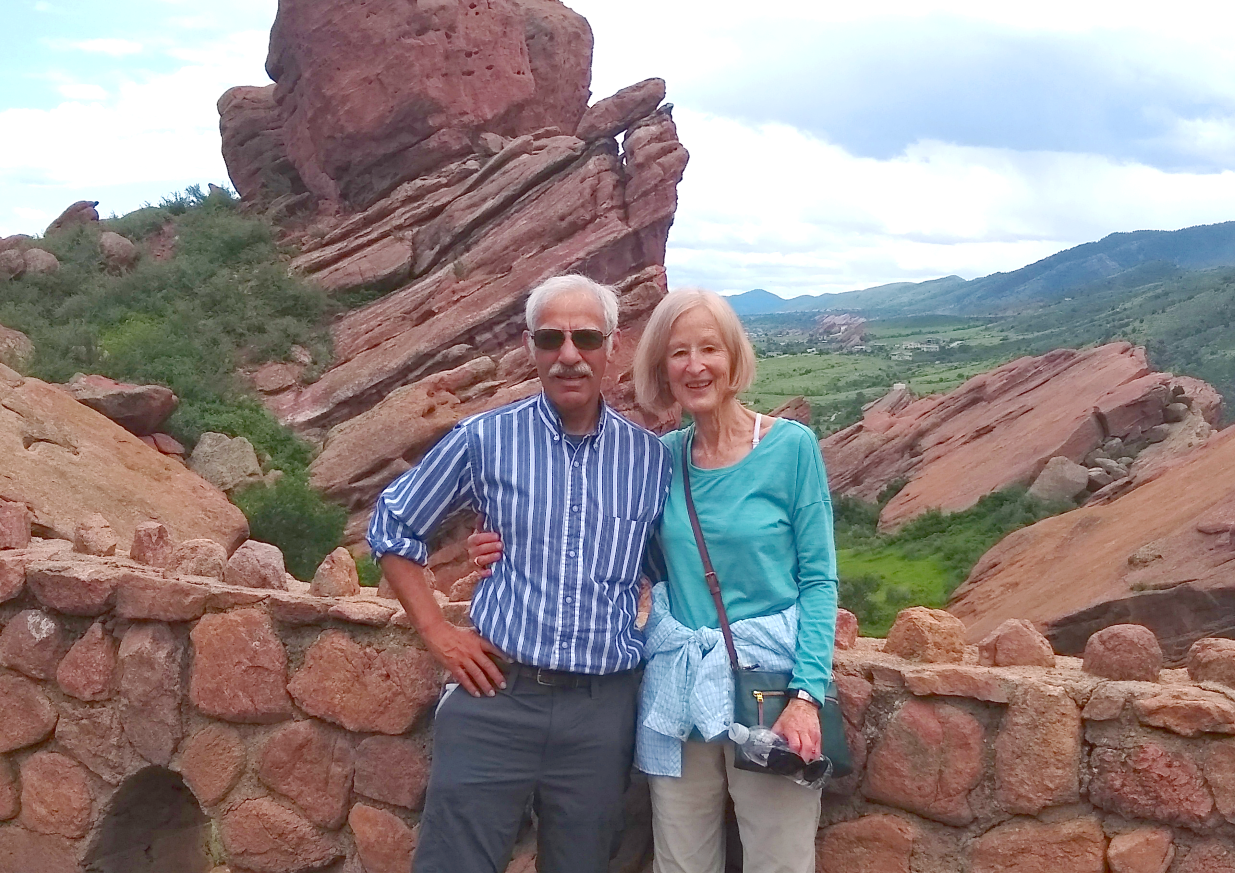
Here are simple steps you can take today to include a future gift to the Evan School in your estate plans:
- Learn more about making a planned gift to the Evans School.
- For a gift by will or trust, first contact the Office for Planned Giving for suggested language to share with your estate planning attorney when you create or update your documents.
- For a beneficiary designation on a retirement account, donor advised fund, or insurance policy, most companies have a beneficiary designation form available to complete online after logging in to your account. The Office for Planned Giving can help you with the exact wording for your favorite program or fund.
